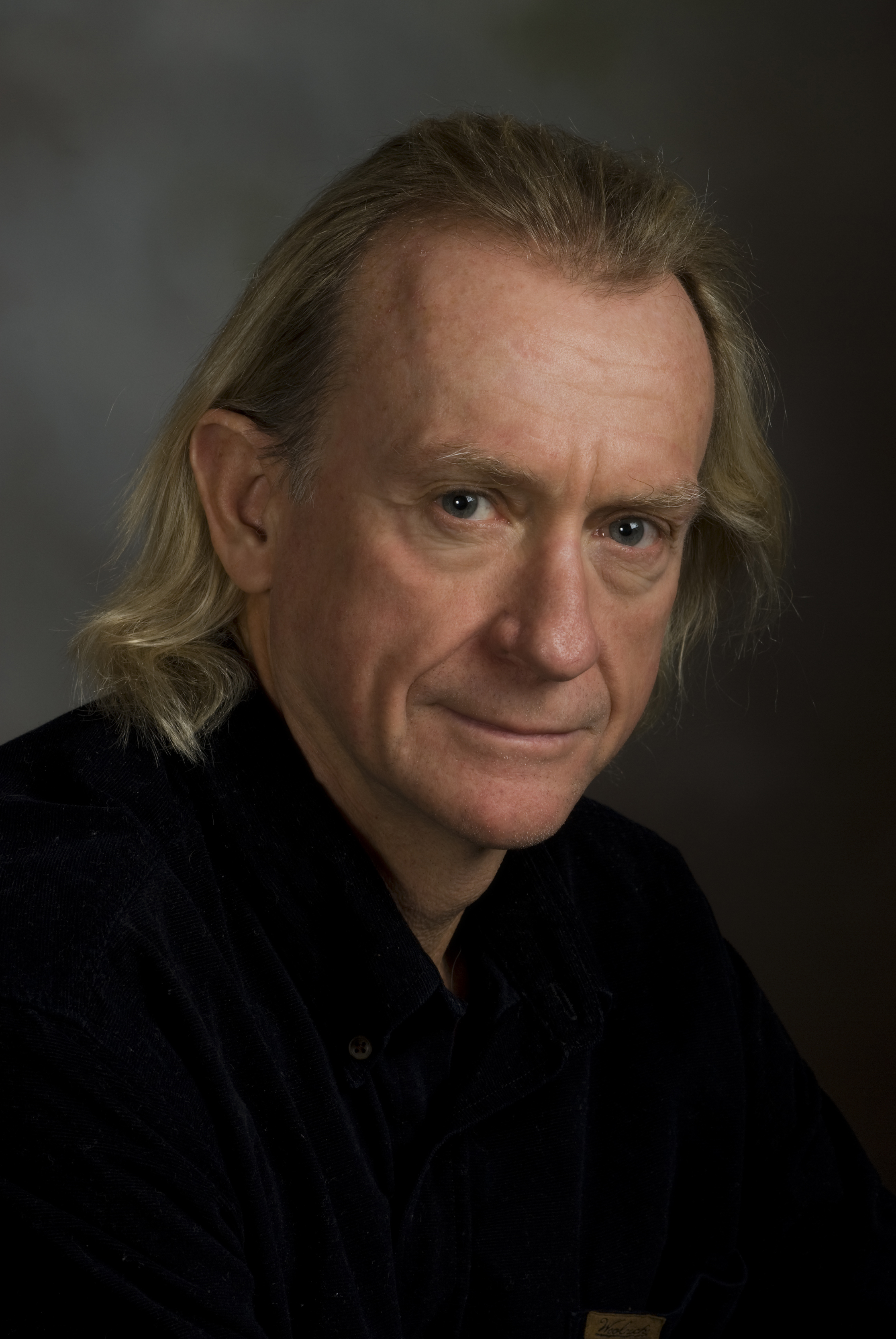Chris Fuller to be part of Boeing Distinguished Researcher and Scholar Seminar Series

Christopher R. Fuller, the Samuel Langley Distinguished Professor of Engineering at Virginia Tech and who is currently a resident at the National Institute of Aerospace, Hampton, Va., will present his research work on Monday, Feb. 25 as part of the Boeing Distinguished Researcher and Scholar Seminar Series.
These invited presentations from distinguished researchers in various fields are broadcast throughout the entire Boeing enterprise.
Fuller, an expert in acoustics and noise and vibration control, works on control of the interior noise and vibration in aerospace applications, launch vehicle payload noise, and other related concerns in the automotive and marine industries. Much of his research is conducted for NASA, the Office of Naval Research, the National Science Foundation, the U.S. Air Force Office of Scientific Research, Boeing, and Newport News Shipbuilding.
For the Boeing seminar in Huntington Beach, Calif., Fuller will speak about poro-elastic acoustic meta materials.
Meta materials are generally defined as materials systems with properties not found in nature. "They offer the potential to develop materials with unique, designable properties," Fuller explained. Their composition that can affect waves of light or sound is responsible for their unique properties that are not achievable with more conventional materials such as plastic or metal.
In his research, Fuller has demonstrated that poro-elastic acoustic meta material systems have improved acoustic absorption and transmission loss, two very desirable characteristics in mechanical and aerospace engineering. These materials have also already shown promise for specific applications, such as in the aerospace industry, Fuller said.
The National Institute of Aerospace is a non-profit research and graduate education institute created to conduct leading-edge aerospace and atmospheric research, develop new technologies for the nation and help inspire the next generation of scientists and engineers.
The institute was formed by a consortium of leading research universities. Members include: Georgia Tech, Hampton University, North Carolina A&T State University, North Carolina State University, the University of Maryland, the University of Virginia, Virginia Tech, Old Dominion University, the College of William & Mary and the AIAA Foundation.




